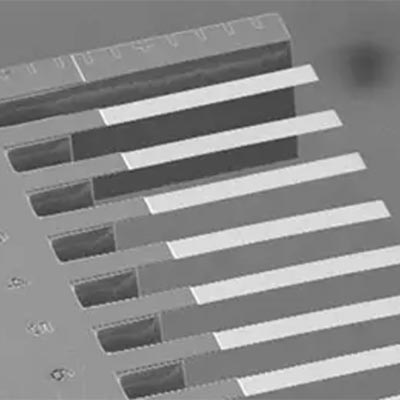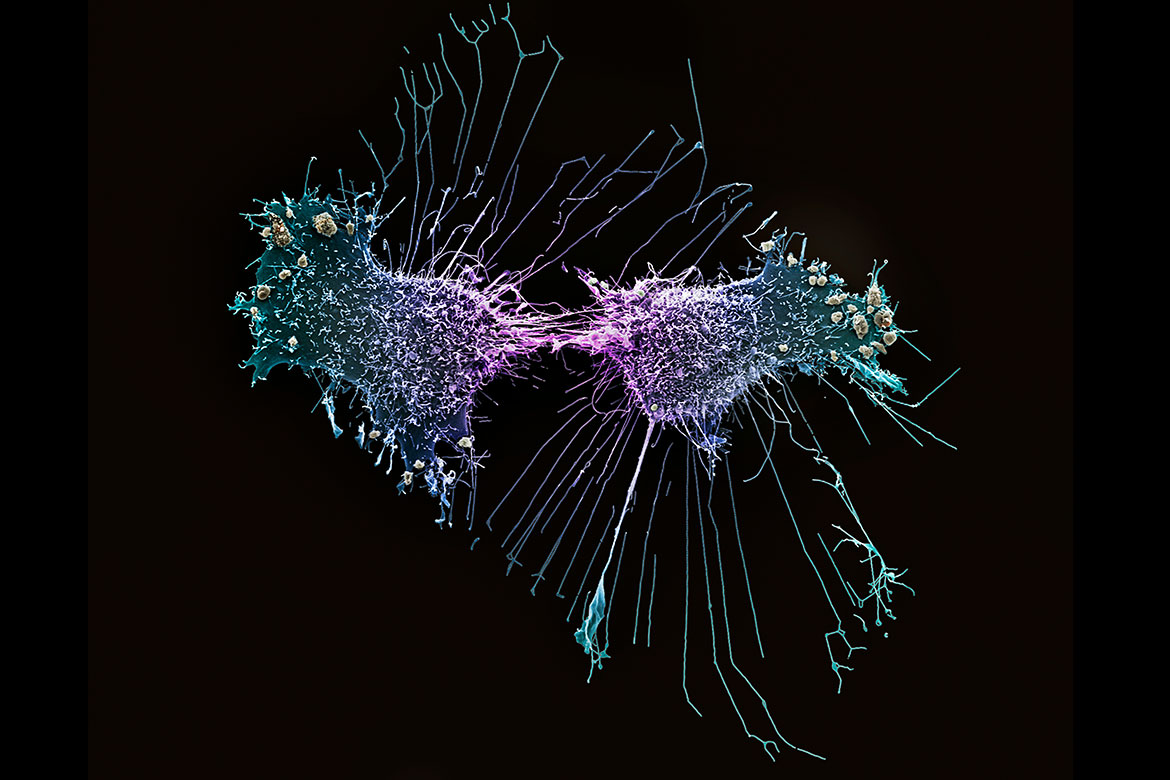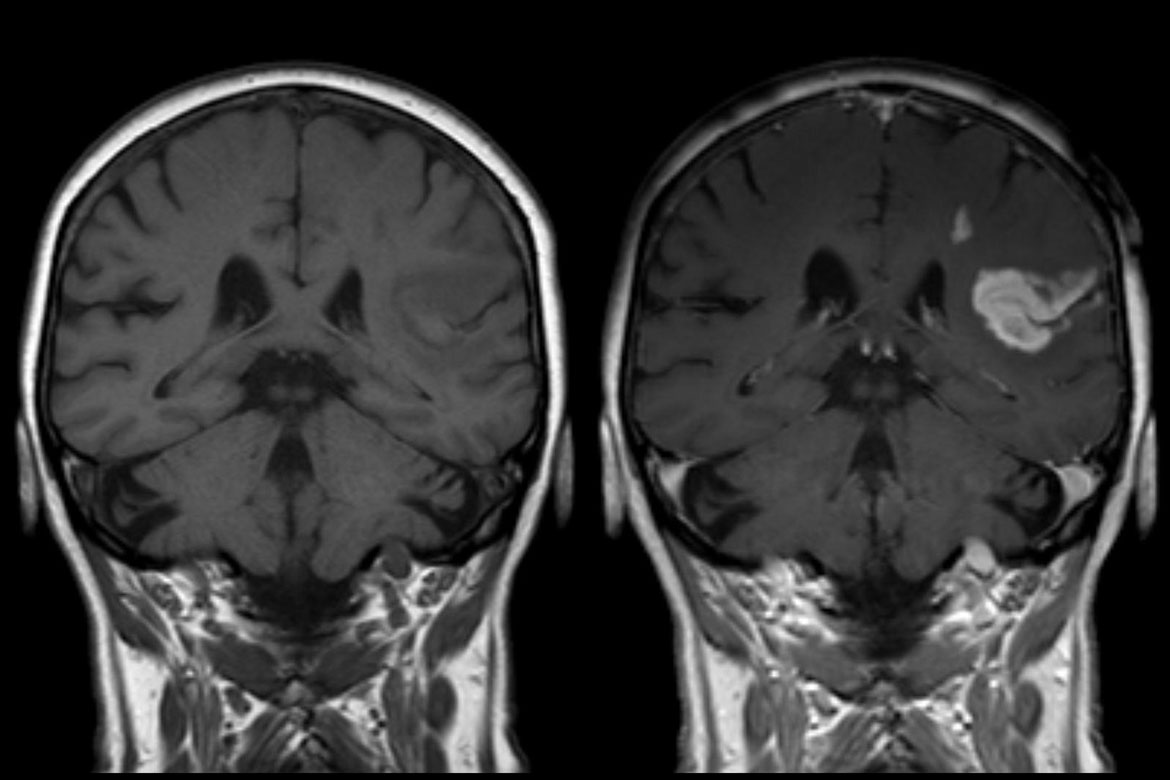CLINICAL STUDIES
Early diagnosis for Alzheimer’s
A study coordinated by the Geneva University Hospitals (HUG) has shown that an imaging technology can give a secure early diagnosis for those suffering from Alzheimer’s.

Brain scans can help ensure the early treatment of Alzheimer’s. | Image: Hank Morgan / Science Photo Library / Keystone
For Valentina Garibotto, a nuclear medicine specialist at the Geneva University Hospitals (HUG), there’s no doubt: “Diagnosing Alzheimer’s disease as early as possible is advantageous”. It means that those affected have time to take precautionary measures – such as regarding their future care. And the drugs that are just coming onto the market probably work best in the disease’s early stages.
One effective diagnostic method is a PET scan, because it can reveal amyloid plaques in the brain. This is the conclusion drawn by a study of 840 people with suspected Alzheimer’s disease in eight European memory clinics, coordinated by the HUG. Thanks to an early PET scan, 40 percent of them had a very secure diagnosis after three months; without a scan, this only applied to 11 percent.
The Swiss health insurance system partly covers the costs of such scans. “They are expensive, but could save costs that arise from delayed or incorrect treatment”, says Garibotto.




